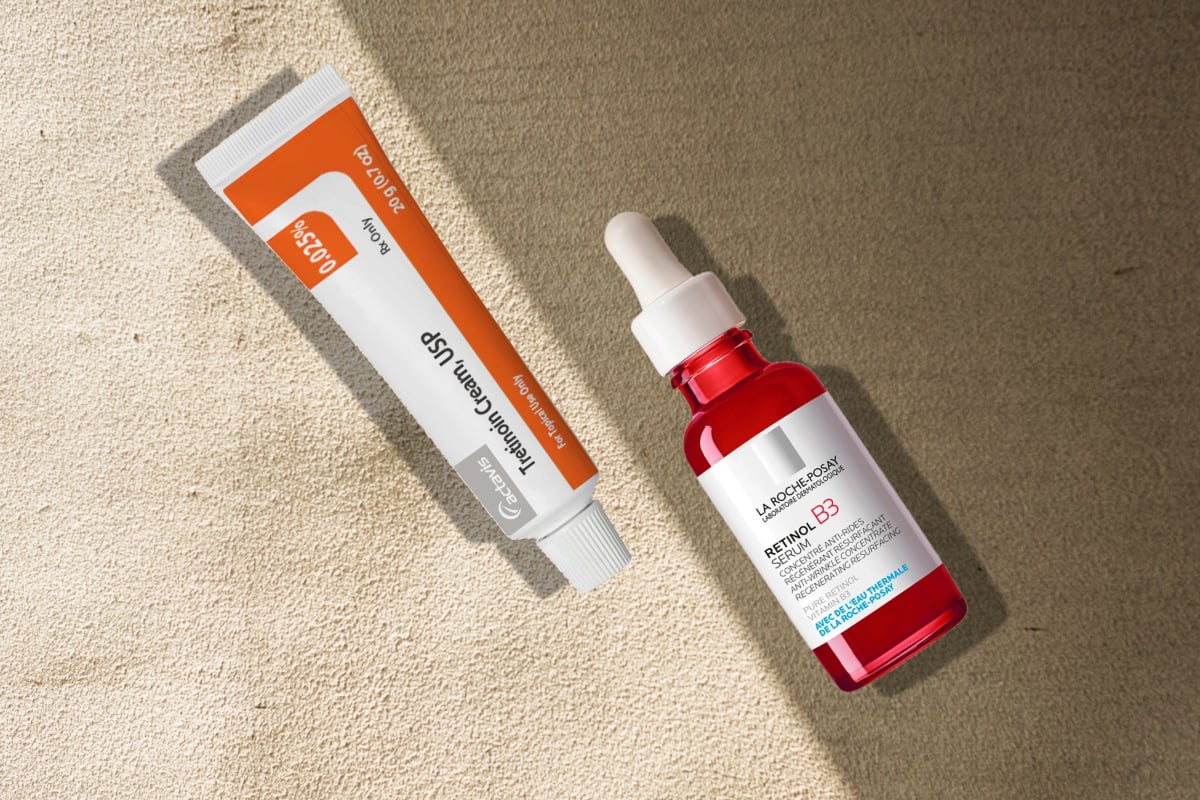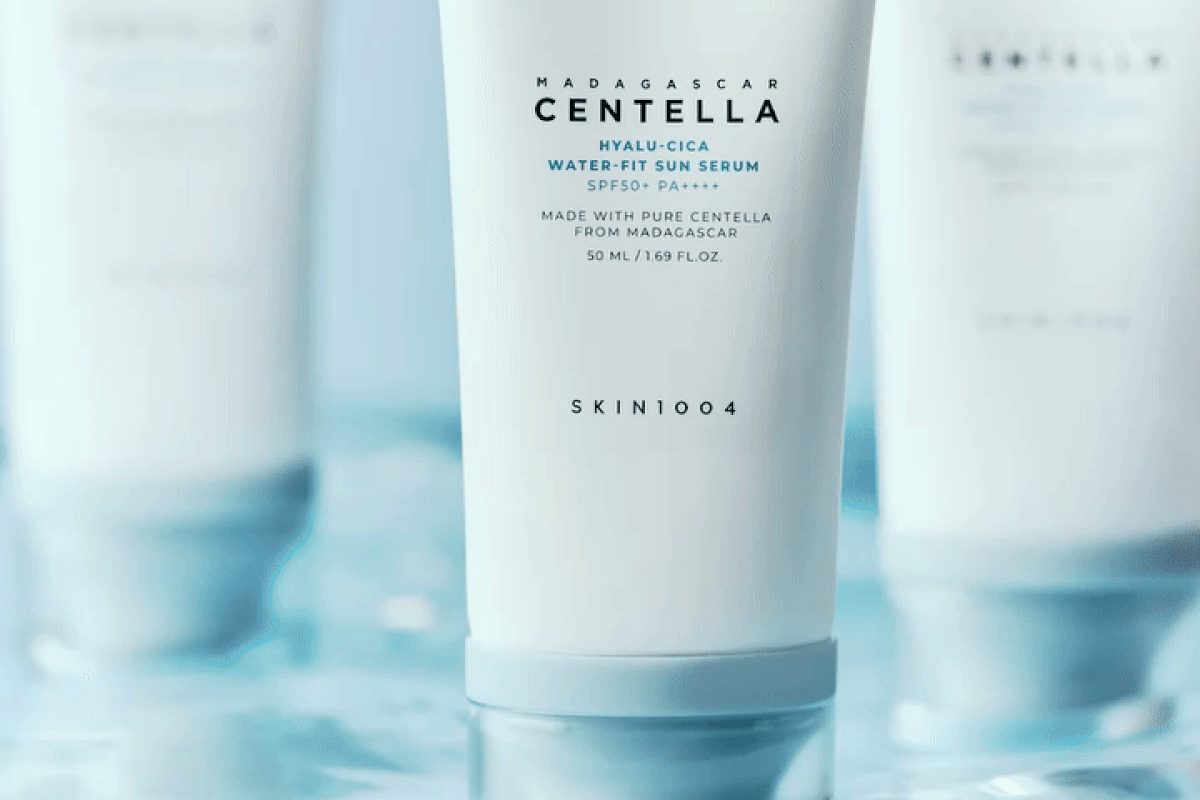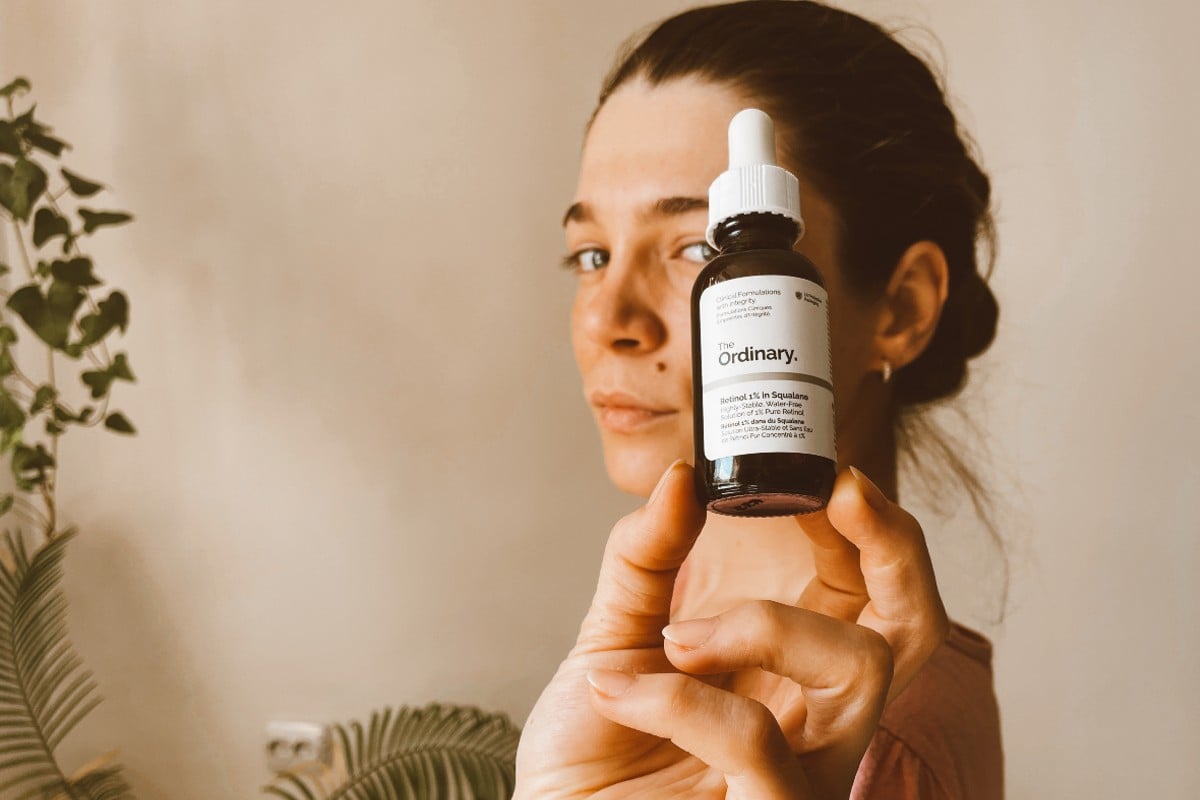“Oils will make your skin break out” is no longer a belief in the skincare community, and jojoba oil happens to be one of the reasons that shattered the myth. Jojoba oil is the closest thing to our skin’s natural oil and really knows how to restore moisture without clogging pores or feeling sticky or greasy whatsoever (unless you over-apply it, of course). In short, a dream come true for all skincare enthusiasts. We’ve sifted through clinical research to answer all your questions so you can feel confident using jojoba oil on your skin.
What is jojoba oil?
Jojoba oil is derived from the seeds of the Chinensis plant and is classified as a wax ester rather than a typical oil. This is noteworthy because wax esters are the main components of sebum, a natural oil produced by the skin to moisturize and protect the surface layer.
With a chemical structure similar to sebum, our skin responds naturally to jojoba oil. It regulates its natural oil production while becoming more hydrated and balanced. In other words, jojoba oil is both an effective moisturizer for dry skin and a sebum regulator for oily skin.
Read on to learn more about how jojoba oil can improve your skin.
Jojoba oil benefits for skin
Moisturizes and improves dry skin
Jojoba oil is abundant in fatty acids, which are emollients known to condition and soften the skin.[1] Moreover, some studies show jojoba oil can restore the epidermal barrier function and control the evaporation of water from the skin’s surface. Both actions help your skin retain more moisture and improve conditions such as dryness and eczema.[2]
Rich in antioxidants
In addition to wax esters and fatty acids, jojoba oil boasts a generous amount of phenolic compounds—the most powerful antioxidants found in nature. To sweeten the deal, it also contains a trace amount of vitamin E, another antioxidant with emollient effects. Antioxidants are the skin’s most important defense against free radical damage caused by environmental stressors such as UV damage and pollutants. Our skin needs these free radical scavengers to fight photoaging and maintain a healthy glow, and jojoba oil provides an ample supply of them.
Soothes irritation
If your skin is irritated or prone to redness, jojoba oil can help. It has anti-inflammatory properties and contains vitamins that support healing.
Regulates sebum and improves acne
Acne-prone skin and oils usually don’t mix, but jojoba oil breaks the mold. It provides moisture without clogging pores and has antibacterial properties that fight off acne-causing bacteria. But here’s the real kicker: jojoba oil knows how to keep sebum in check, one of the biggest culprits behind acne. How? Well, its molecular structure is strikingly similar to our skin’s natural sebum.[3] So when we apply jojoba oil, it pulls a clever trick on our skin, fooling it into thinking it’s got enough sebum. This move prevents our sebaceous glands from going into overdrive.
What about jojoba beads?
Not once you’ve probably seen jojoba beads on the ingredient list of your exfoliators, scrubs, or cleansers. These little beads are typically made by solidifying jojoba oil into small, bead-like particles. Unlike harsher exfoliants, jojoba beads provide gentle and balanced exfoliation. They unclog pores, refine the skin’s texture, and cleanse the surface layer.
What are the side effects of using jojoba oil on the skin?
While rare, some people might experience mild allergic reactions or skin sensitivity when using jojoba oil. To play it safe, do a quick patch test before slathering jojoba oil all over your face. And just like with most skincare products, using too much jojoba oil or mixing it with certain ingredients can potentially clog your pores or cause breakouts.
How to use jojoba oil on your skin
First, start by cleansing your face. Then, take a tiny amount of jojoba oil and gently massage it onto your face using upward circular motions. Allow the oil to absorb into your skin for a few minutes. You can use it as a moisturizer in the morning or incorporate it into your nighttime routine. It can also be mixed with your regular moisturizer for added hydration.
Sources
- Gad HA, Roberts A, Hamzi SH, Gad HA, Touiss I, Altyar AE, Kensara OA, Ashour ML. Jojoba Oil: An Updated Comprehensive Review on Chemistry, Pharmaceutical Uses, and Toxicity. Polymers (Basel). 2021 May 24;13(11):1711. doi: 10.3390/polym13111711. PMID: 34073772; PMCID: PMC8197201.
- Lin TK, Zhong L, Santiago JL. Anti-Inflammatory and Skin Barrier Repair Effects of Topical Application of Some Plant Oils. Int J Mol Sci. 2017;19(1):70. Published 2017 Dec 27. doi:10.3390/ijms19010070.
- Pazyar N, Yaghoobi R, Ghassemi MR, Kazerouni A, Rafeie E, Jamshydian N. Jojoba in dermatology: a succinct review. G Ital Dermatol Venereol. 2013 Dec;148(6):687-91. PMID: 24442052.




![Does resveratrol in red wine benefit your skin? While sipping on a glass of red wine can be a delightful experience, relying on it for skincare benefits is not the best idea. Sure, red wine contains a smidge of resveratrol, but let's put things into perspective. The concentration of resveratrol in red wine is relatively low. Red wines, specifically Pinot noir from France, typically contain 0.361-1.972 mg of resveratrol per liter.[8] To hit that reference dose of 500mg of resveratrol, you'd need to drink a lot of wine. We're talking about downing anywhere from 100 to 1000 glasses per day. It's a scene straight out of a wine lover's wildest dreams, but definitely not the healthiest approach. Resveratrol Benefits for Skin](https://womensconcepts.com/wp-content/uploads/2022/03/Resveratrol-Benefits-for-Skin.jpg)




